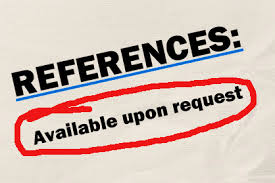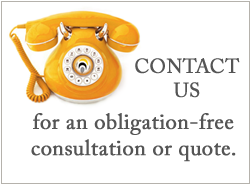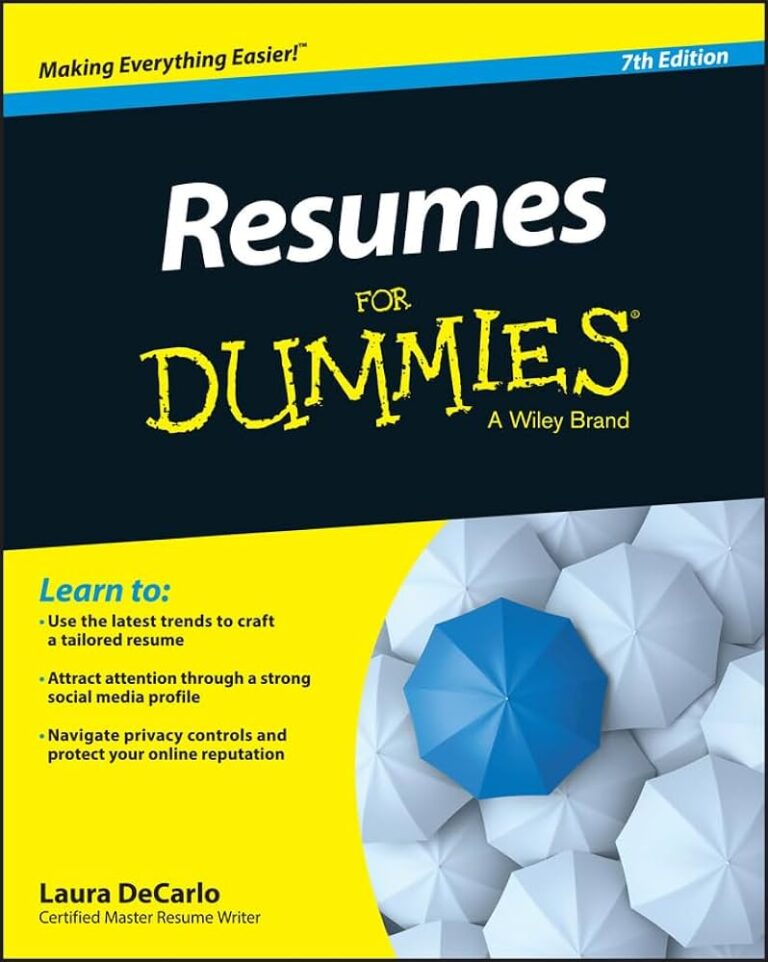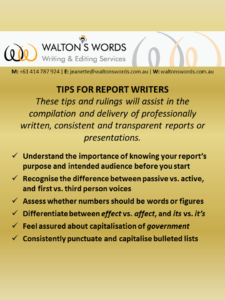 So you’re in the market for a new job and considering what to include in your resume and cover letter. There’s no doubt you need to include your relevant employment and academic history, as well as a summary of your skills and what you can offer. However, when it comes to listing your referees, this one’s highly debatable.
So you’re in the market for a new job and considering what to include in your resume and cover letter. There’s no doubt you need to include your relevant employment and academic history, as well as a summary of your skills and what you can offer. However, when it comes to listing your referees, this one’s highly debatable.
Most resume writers and career advisors will recommend leaving your referees’ details off your resume and cover letter, unless the job ad specifies it. This is mainly because such detail can take up precious document space, and can also have legal implications – some firms make it a policy not to provide references. In addition, your referees may then be unnecessarily contacted during your job search. They should only be contacted when you’re in the final stages of landing a job, which is generally post interview.
So with all of this in mind, here are several ‘house rules’ on using references as part of your job application – separate from your resume and cover letter.
Choose your referees well: With close to 50% of recruiters checking candidates’ references, it’s essential you have around five ready to advocate you. If you’re work history is varied, consider keeping a list of up to 10, then using at least three for each relevant role. When choosing referees, select those you most perceive as articulate and positive about your time together.
Stay in touch with referees: Networking is a major player in today’s job market, so maintaining contact with your potential referees is a double-win. You’ll not only ensure you have up-to-date contact details, but you could also be top-of-mind if career opportunities arise. Let them know when you’re conducting a job search, and perhaps highlight what you’d like them to focus on if contacted by recruiters (e.g. a joint project).
Keep it separate but streamlined: While your reference list should be separate from your resume and cover letter, it’s going to look more professional if this document is formatted in the same style. Also be consistent in the detail you include for each referee, which should generally be:
- Referee’s Name
- Referee’s Job Title
- Company Name (note if they’re no longer there)
- Company Address (city, state, etc.)
- Referee Phone Numbers
- Referee Email Address
- Your Relationship to Referee
Having your reference list ready to hand over at the job interview (if asked) is going to convey professionalism and efficiency. Maintaining a list of referees that are reliable and proactive about your skills and offerings is going to compound these career strengths.
Walton’s Words has extensive experience in helping job seekers compile professionally written, career-selling documentation. We can help construct resumes, cover letters, LinkedIn profiles, selection criteria, and any other documentation that will help you win your dream role. So Contact Walton’s Words if you’d like some assistance with your next career step.



